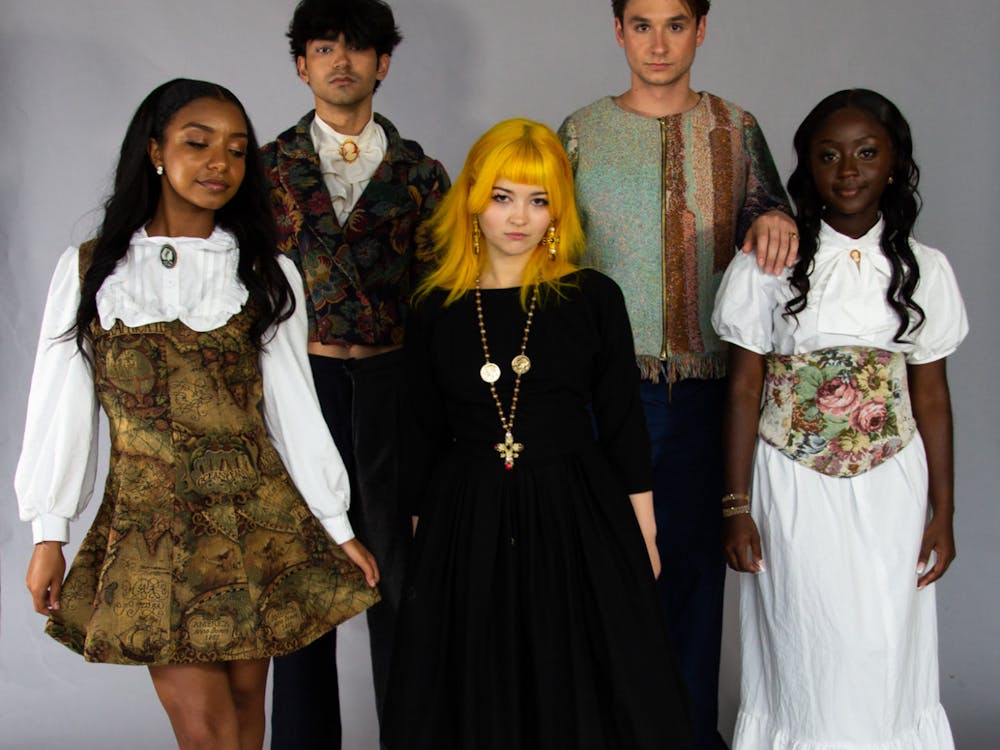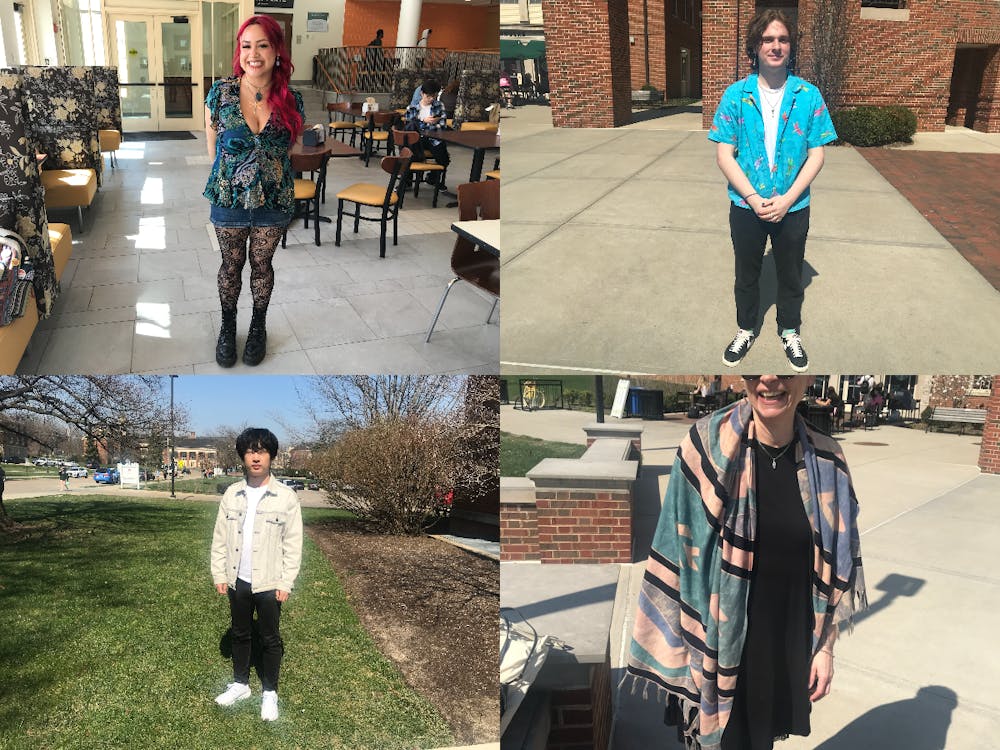He had a signature look.
The silver hair pulled back into a ponytail. His black tie wrapped around the collar of his turtleneck. His black aviators always covering his eyes. His cat Choupette in hand.
This was Karl Lagerfeld, who for over three decades was the face of Chanel, one of the world's most powerful fashion houses.
On Feb. 19, the House of Chanel announced that Lagerfeld passed away at the age of 85. Within hours of his death, models, fashion designers, and musicians paid tribute to the late designer on social media. Donatella Versace even wrote a message on Instagram referencing Lagerfeld's influence on her late brother, Gianni Versace. Donatella wrote, "Karl your genius touched the lives of so many, especially Gianni and I... We were always learning from you."
Lagerfeld's legacy is elevating Chanel from a dead fashion brand to a global powerhouse. He took over in the 1980s when the company was struggling in the year after Coco Chanel's death. Lagerfeld once described his early time at Chanel as like having to "revive a dead woman."
Lagerfeld not only revived Chanel but turned it into one of the most famous and respected brands in the world. His Haute Couture shows took over the Grand Palais in Paris each season, and their showmanship and production rivaled those of an Olympic opening ceremony.
Lagerfeld created fashion that showcased the beauty and image of the woman. His muses included iconic women such as Florence Welch, Cara Delevingne and Kate Moss.
His legacy outside of Chanel includes an independent brand in his own name and the Italian fashion house Fendi. He also worked as a photographer, taking photos for many of Chanel's campaigns.
To put it simply, fashion will never see another designer like Karl Lagerfeld. He transformed a dead brand and made it something of his own. He always thought about what was next because he never wanted to be passe. He made fashion that women wanted to wear -- and that they felt gorgeous wearing.
However, Lagerfeld's legacy is not without controversy. Those controversies are important parts of his legacy.
His shows, while innovative and grand, were also called out for cultural appropriation. Lagerfeld made outfits based on "hip-hop culture," and once designed a piece that used passages from the Qur'an.
While he apologized at the time, years later he called Muslims "the worst enemies" of the Jewish people in response to Angela Merkel's immigration policy.
Enjoy what you're reading?
Signup for our newsletter
He would also consistently body-shame women such as Heidi Klum, Adele, and Lana Del Rey. He said Adele was "a little too fat" and accused Del Rey of getting breast implants. Lagerfeld also said he was fed up with the #MeToo movement because he was shocked that it took victims years to speak up against their perpetrators. He even defended his friend Karl Temper when he was accused of groping models on set.
These outright Islamophobic and misogynist comments are as much a part of his legacy as his brilliant designs. History will remember Lagerfeld for his innovative fashion, but it cannot forget the uglier side of his public life.
As Chanel and the fashion industry move into the post-Lagerfeld world of fashion, it's important to learn from his flaws. Cultural appropriation, Islamophobia, and misogyny cannot be allowed in fashion. We should pay homage to Lagerfeld's grand Haute Couture shows and innovative designs without forgetting his offensive actions and comments.
finfrobd@miamioh.edu




